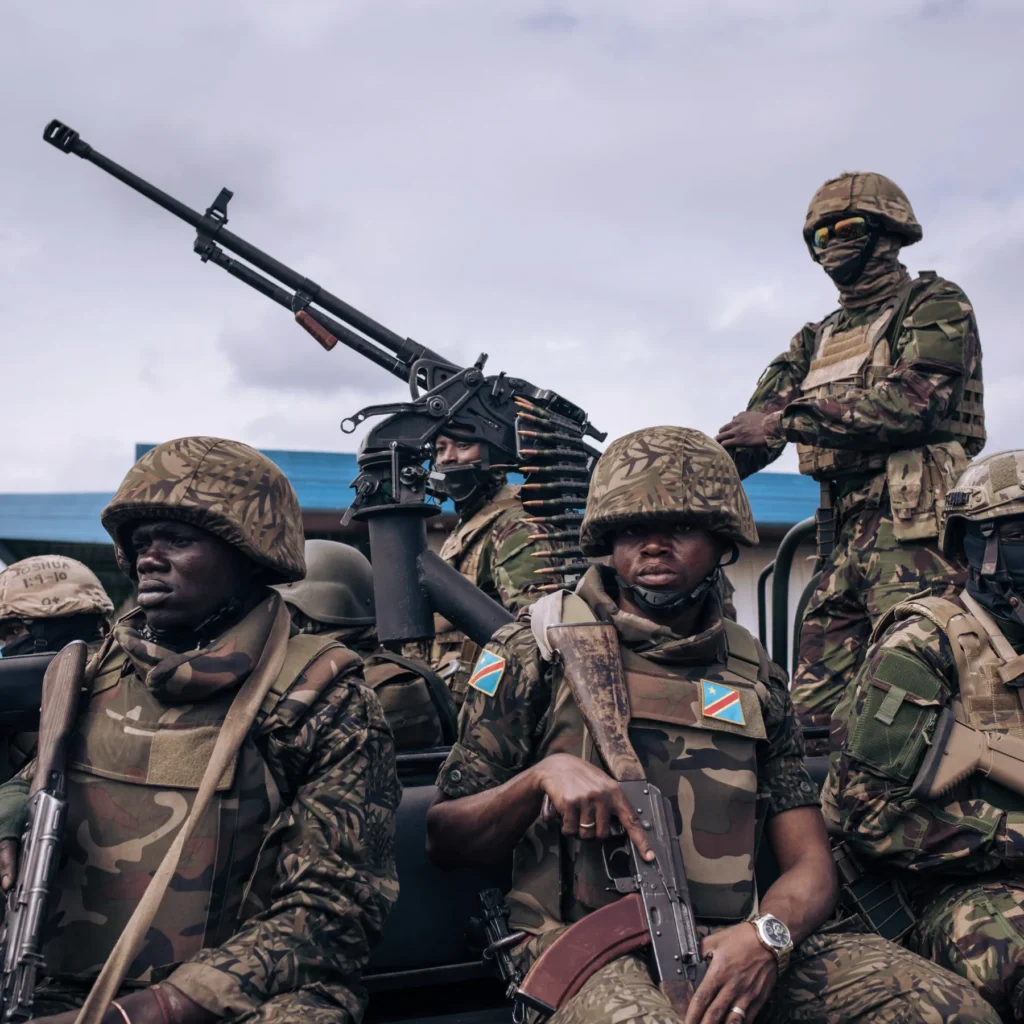The United States is intensifying efforts to broker a landmark peace agreement between the Democratic Republic of Congo (DRC) and Rwanda, with the goal of not only ending decades of violence in the mineral-rich Great Lakes region but also securing major investment deals in the mining sector.
According to President Donald Trump’s senior Africa advisor, Massad Boulos, the U.S. hopes to host a signing ceremony at the White House in approximately two months. The event is expected to feature the peace accord alongside separate bilateral agreements for mineral investments with each country.
“When we sign the peace agreement … the minerals deal with the DRC will be signed on that day, and then a similar package, but of a different size, will be signed on that day with Rwanda,” Boulos told Reuters during an interview in Doha, Qatar.
The development comes amid heightened tensions and conflict in eastern Congo, where the M23 rebel group allegedly backed by Rwanda continues to gain ground. Rwanda denies supporting the rebels. In response, the U.S. has set clear preconditions: Rwanda must withdraw troops from Congolese territory and cease all support to M23, while Congo must address Rwandan security concerns related to hostile militias such as the FDLR.
The proposed economic agreements could unlock billions in Western investments, focused on mining and infrastructure in both countries. While the DRC, being significantly larger and richer in mineral resources such as tantalum and gold, will receive a broader deal, Rwanda is also set to benefit from investments in mineral processing and refining industries.
To monitor compliance and progress, a follow-up committee has been formed, comprising representatives from the U.S., Qatar, France, and Togo, the latter representing the African Union.
A key diplomatic meeting is scheduled for mid-May in Washington, where U.S. Secretary of State Marco Rubio will host the foreign ministers of Congo and Rwanda to finalize the draft agreement.
The dual-track approach combining peace diplomacy with economic incentives—reflects Washington’s strategic interest in stabilizing the region while securing access to critical minerals vital to global supply chains.

